What Is Phenoxymethylpenicillin Used For?

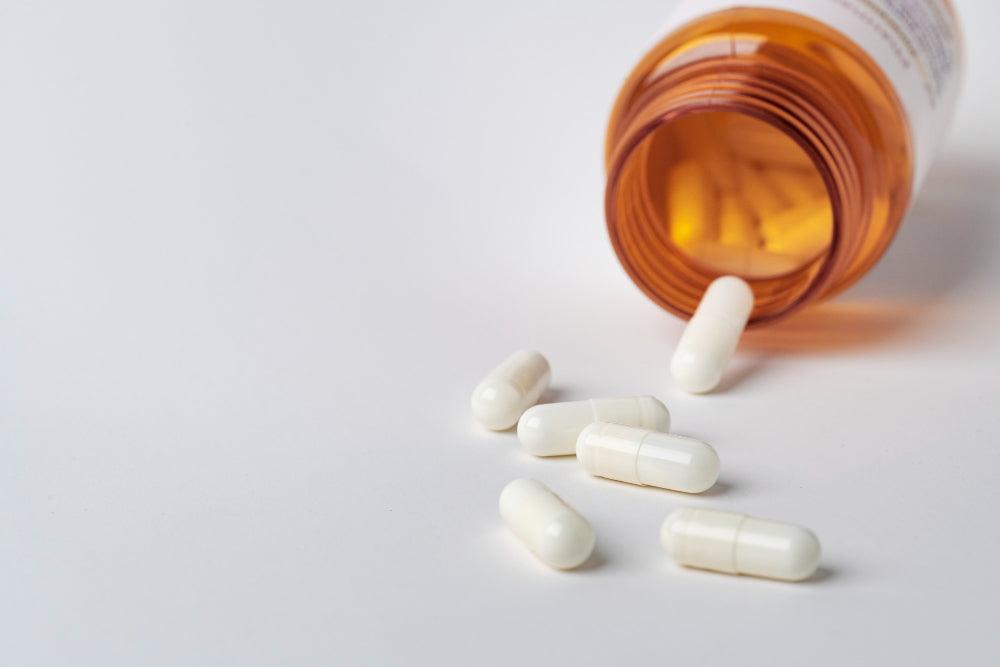
Related products
What’s covered?
What Does Penicillin Antibiotic Treat?How Does Penicillin Antibiotic Work?How To Take Penicillin V? Side Effects of Penicillin VImportant CautionsWarnings For Individuals With Medical ConditionsIs It Safe to Use Penicillin V When Pregnant or Breastfeeding?Penicillin V May Interact With Other DrugsWhat If I Forget to Take a Dose?What Happens if I Take Too Much Penicillin Vk?What Other Medicines Interact When Taking Phenoxymethylpenicillin?Are There Any Other Options?TakeawayPhenoxymethylpenicillin also called Penicillin V is an antibacterial antibiotic used to treat moderately severe infections. It belongs to a class of antibiotics known as "Penicillins." Penicillin V acts by inhibiting bacterial growth this implies it destroys the microorganisms responsible for your sickness. Penicillin G is another penicillin used to treat infections.
What Does Penicillin Antibiotic Treat?
Penicillins are a class of antibiotics that are used to treat skin and soft infections. They are generated from penicillium fungus and may be administered orally or intravenously to treat the following conditions:
This is used to treat the following bacterial infections:
- Staphylococcal skin infections
- Pneumococcal upper respiratory infections
- Fusospirochetosis
- Streptococcal upper respiratory tract infections
- Scarlet fever
- Bacteria anaerobes infection
- Infection prevention from streptococcus in sickle cell disease
- Lyme disease
- Chorea
- Rheumatic fever
- Pneumococcal infection prophylaxis
- Otitis media
How Does Penicillin Antibiotic Work?
Penicillin V is an antibacterial and works by interfering with bacterial cell wall synthesis. They diffuse efficiently into human body tissues and fluids, although penetration into cerebrospinal fluid is low unless the meninges are inflamed. In therapeutic concentrations, penicillin-sensitive microorganisms are excreted in the urine.
Furthermore, because phenoxymethylpenicillin is stable in acidic environments, it may be taken orally. After oral administration, phenoxymethylpenicillin is fast but incompletely absorbed, with an absorption level of roughly 60%. The concomitant delivery of meals reduces the peak plasma concentrations. The plasma half-life of phenoxymethylpenicillin is about 45 minutes which may increase to four hours in renal failure. Excretion is tubular secretion into the urine. About 40% of the dose is eliminated in the urine either as unchanged or as penicilloic acid in the first 10 hours after oral administration. Moreover, Phenoxymethylpenicillin is usually used only for the treatment of mild to moderate infections, and not for severe or deep-seated infections since absorption can be unpredictable
How To Take Penicillin V?
Your dose, medicine form, and frequency of administration will be determined by:
- The severity of your illness
- Your age
- Additional medical issues you may be suffering from
- How you feel after the first dosage
Dosage For Various Infections
Your doctor or pharmacist will tell you what dose is right for you to take, and the full directions will also be printed on the label of the pack to remind you about what was said to you. It is important that you space out the doses evenly during the day.
Important Factors to Consider When Taking Penicillin V
If health professionals recommend the penicillin V oral pill for you, keep these factors in mind.
General
This medication should not be taken with meals. Take it on an empty stomach, at least an hour before or after eating. Also, it can crush or cut.
Refills
This medication's prescription is refillable. This drug should not need a new prescription to be renewed. The number of refills approved on your prescription will be written by your doctor.
Travel
When transporting medication:
Always have your medicine on hand. Never put it in a checked bag while travelling.
Do not store this medicine in the glove compartment or leave it in the vehicle. Resist doing this when the weather is very hot or cold.
Don't be concerned about airport X-ray machines. They can't possibly harm your medicine.
You may be required to present the pharmacist label for your medicine to airport personnel. Carry the original prescription-labelled container with you at all times.
Precautions For Oral Penicillin Therapy
Proper administration and storage of this medicine, as with other pharmaceuticals, is critical for safety and therapeutic success.
Take on an Empty Stomach.
Take these tablets or liquid medicine with a glass of water one hour before or two hours after a meal to guarantee antibiotic efficiency.
Do not make up for missing doses.
The goal behind oral penicillin therapy is to constantly expose your body to the medicine over a period of time. Try to take the correct number if you forget to take a dosage, just take one when you recall. If it's getting near to the time you're supposed to take your next dosage, simply take that one and never double up.
Keep In A Safe storage
Store your medications in the original prescription container, properly closed, and out of children's reach. Keep pills at normal temperature and away from extreme heat or moisture. If you've been given a liquid solution, keep it cool but not frozen.
Never Keep The Medication for Later Use
If you've completed your treatment or your healthcare practitioner has advised you to discontinue it, dispose of any remaining pills by bringing them to your pharmacy for safe disposal. Never keep antibiotics for later use or provide them to others.
For further information, unless otherwise advised, it is suggested that you carefully dispose of any leftover antibiotics after 14 days.
Side Effects of Penicillin V
Common side effects of Penicillin V include:
- Nausea or feeling sick
- Diarrhoea
- Vomiting
- Stomach ache
- Fever
- Black hairy tongue
- Joint pain
- Eosinophilia
- Itching
- Rash
- Epigastric distress
Patients who have previously had an allergic reaction to other penicillins should not be given penicillin V. Patients who are allergic to the penicillin-related cephalosporin class of medicines, such as cefaclor (Ceclor), cephalexin (Keflex), and cefprozil (Cefzil), may or may not be allergic to penicillins.
Serious but rare reactions include:
- Seizures
- Kidney problem
- Hemolytic anaemia
- Anaphylaxis
- Low platelet or red blood cell count
Important Cautions
Warning for severe allergic reactions:
This medication has the potential to produce a serious allergic response. If you experience an allergic response, contact your doctor or your local poison control centre as soon as possible. Call 911 or go to the closest emergency facility if your symptoms are severe. If you've ever had an adverse response to this medication, don't take it again.
Warning for severe diarrhoea:
This medication may induce diarrhoea during and after therapy. This diarrhoea might be caused by a Clostridium difficile infection in your bowel. If you get bloody or watery diarrhoea, stomach pains, or a fever while taking this medication, contact your doctor immediately.
Warning about prescription completion:
Even if you're feeling better, it's critical that you complete your penicillin V prescription. This medication will not function as effectively if you miss doses or do not finish the whole course of therapy. Furthermore, the germs that caused your illness may grow resistant to therapy. It will no longer react to penicillin V or other antibiotics in the future.
Warnings For Individuals With Medical Conditions
Asthmatics should take the following precautions:
If you have asthma, you are more likely to have a severe allergic response to penicillin. Anaphylaxis is the medical term for this sort of allergic response. Symptoms include throat swelling, difficulty swallowing, wheezing, and difficulty breathing.
For those suffering from the renal disease:
If you have renal impairment or a history of kidney illness, you may have difficulty eliminating this medication from your body. This may raise the amounts of penicillin V in your body, resulting in greater negative effects.
Warnings For Other Groups
For the elderly:
The kidneys of elderly people may not function as well as they once did. As a result, your body may metabolize medications more slowly. And more of the medicine remains in your body for a longer period of time. This increases your chances of experiencing adverse effects.
For children:
This medication has not been researched in children. It should not be used in children under the age of 12.
Note:
Clinical response and bacteriological studies have taken every effort to ensure that all information is accurate, complete, and up to date. This information, however, should not be used to replace the knowledge and skills of a registered healthcare professional. Before taking any drug, you should always contact your doctor or another healthcare expert.
This medication information is subject to change and is not intended to cover all potential uses, recommendations, precautions, warnings, drug interactions, allergic reactions, or side effects. The lack of warnings or other information for a particular medicine does not imply that the drug or drug combination is safe, effective, or suitable for all patients or all specified applications.
Is It Safe to Use Penicillin V When Pregnant or Breastfeeding?
Penicillin is safe during pregnancy. However, if secreted in breast milk, it might result in diarrhoea or allergic reactions in breastfeeding babies. If penicillin is taken during breastfeeding, the possible benefit to the mother must be balanced against the risk of severe effects on the newborn. If any adverse effects occur, seek healthcare professionals immediately.
Penicillin V May Interact With Other Drugs
Penicillin Vk oral tablet may interfere with any drugs, vitamins, or herbal supplements that you are taking. When a chemical alters the way a drug functions, this is referred to as an interaction. This may be dangerous or prevent the medicine from functioning properly.
Your doctor should carefully monitor all of your prescriptions to help avoid allergic conditions such as hay fever. Make sure your doctor is aware of any drugs, vitamins, or herbs you are taking. Consult health professionals to learn how this medication may interact with other medications you are taking.
What If I Forget to Take a Dose?
As soon as you recall, take the missing dosage. If your next dosage is approaching, skip the forgotten dose and take the medication at your next regularly scheduled time. Don't take high doses of medication to make up for a missing dose.
What Happens if I Take Too Much Penicillin Vk?
It is possible to overdose on oral penicillin. Taking more than the recommended dosage of the antibiotic, increased the risk of infections, and worse it can cause adverse health effects.
According to clinical trials, overdosing on penicillin can cause symptoms such as confusion, a skin rash and seizures. Infrequent urination and behavioural changes can also occur.
If a person suspects an overdose of this or any other medication, medical attention should be sought immediately. When taking penicillin and other prescription medications, it is vital to follow one’s doctor’s orders and take only the prescribed dosage.
If you believe you have used too much of this medication, get immediate medical treatment.
Overdoes may include disorientation, behavioural abnormalities, a severe skin rash, less urination than usual, and seizures (black-out or convulsions).
What Other Medicines Interact When Taking Phenoxymethylpenicillin?
Penicillin antibiotics have just a few significant interactions with other medications. For instance, Probenecid (Benemid) increases the number of penicillins in the body by blocking penicillin excretion via the kidneys. Also, when ampicillin is used with allopurinol (Zyloprim), the risk of drug-related skin rash increases. Furthermore, this medication may impair the effectiveness of the BCG and typhoid live vaccines.
Are There Any Other Options?
Other medications are available to address your problem. Some may be more appropriate for you than others. Consult your doctor about alternative medication choices that may be suitable for you.
Takeaway
To avoid an allergic reaction, always let healthcare professionals know about any drugs you are taking, whether they are prescription, over-the-counter, nutritional, herbal, or recreational.
If you want to learn more about your health, see Welzo.com for testing and treatment solutions.



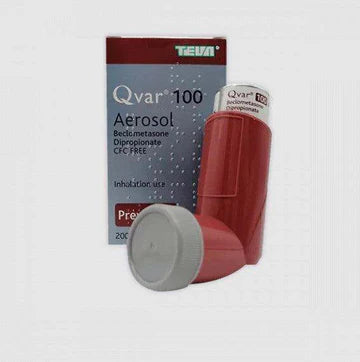
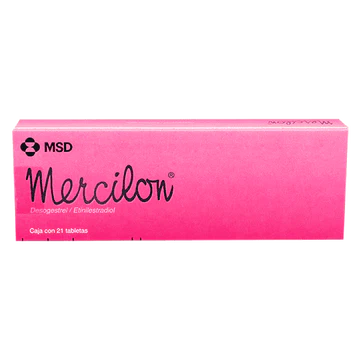

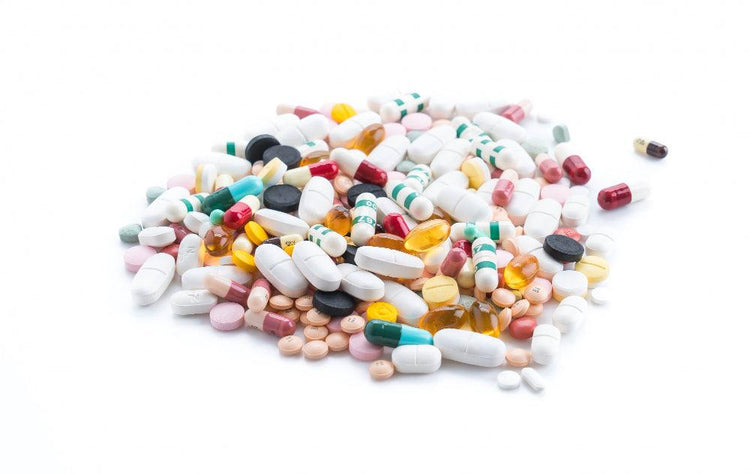
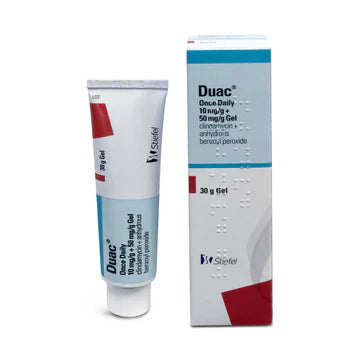



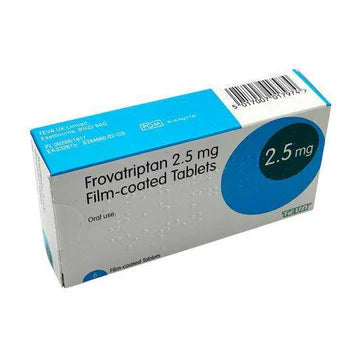
 Rated Excellent by 26,523+ Reviews
Rated Excellent by 26,523+ Reviews